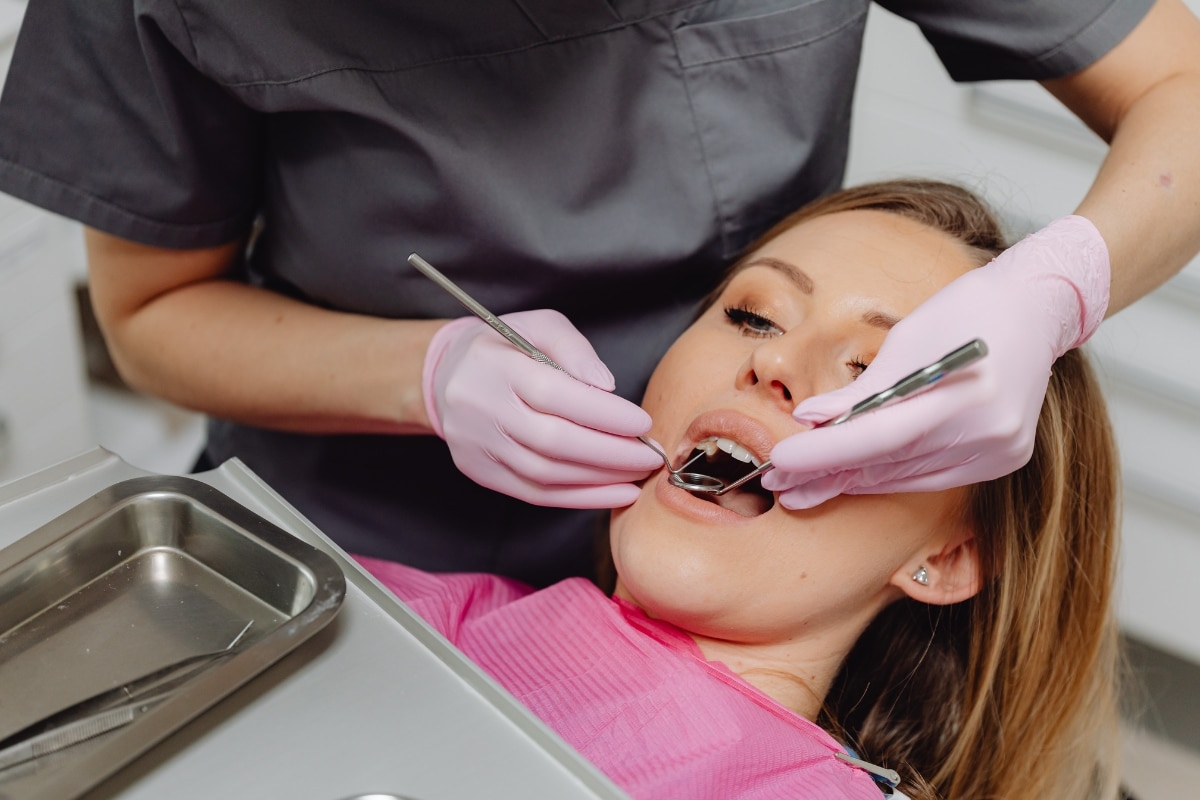Pay Online
Gentle Touch, Big Impact: Pediatric Dentistry for Bright Futures
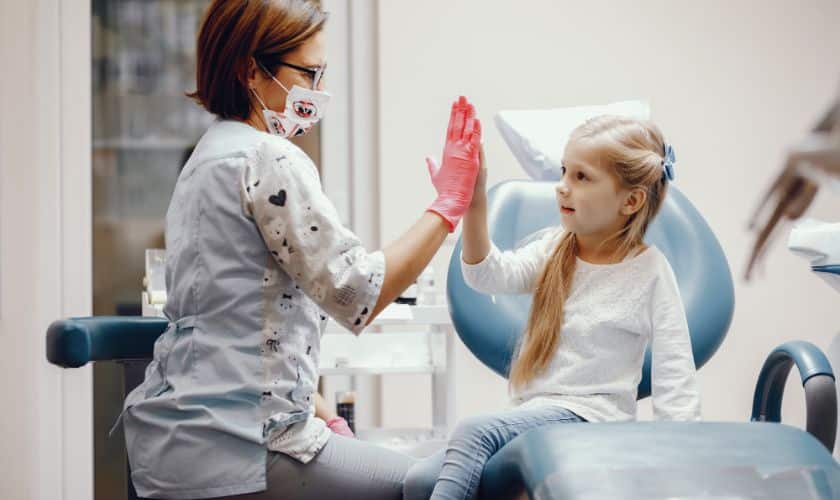
Welcome to the world of pediatric dentistry, where a gentle touch can make a big impact on the bright futures of children’s smiles. Pediatric dentistry is a specialized branch of dental care that focuses on the oral health needs of infants, children, and adolescents. With a unique approach tailored to the developmental stages of young patients, pediatric dentists create a safe and nurturing environment that promotes positive dental experiences. Through preventive care, early intervention, and education, pediatric dentistry aims to instill lifelong oral hygiene habits and ensure optimal dental health. Join us on this journey of gentle touch, where we make a lasting impact on the smiles and well-being of children everywhere.
The Importance of Pediatric Dentistry for Children’s Oral Health
1. Early Detection and Prevention: Pediatric dentistry plays a crucial role in the early detection and prevention of dental issues in children. Regular check-ups allow dentists to monitor the growth and development of teeth, identify potential problems, and intervene promptly. Through preventive measures like dental cleanings, fluoride treatments, and sealants, pediatric dentists can help prevent tooth decay, cavities, and other oral health issues, setting a foundation for lifelong dental health.
2. Establishing Good Oral Health Habits: Pediatric dentistry focuses on educating children and their parents about proper oral hygiene practices. Dentists teach children how to brush and floss effectively, promote healthy eating habits, and encourage regular dental visits. By instilling these habits at a young age, pediatric dentistry promotes a lifetime of good oral health, reducing the risk of dental problems and ensuring children develop a positive attitude towards dental care.
By prioritizing pediatric dentistry, parents can help their children maintain healthy smiles and develop a positive relationship with dental care, setting them on the path to optimal oral health throughout their lives.
Services offered by a Pediatric Dentist
Certainly! Here are three common services offered by pediatric dentists:
1. Routine Dental Examinations and Cleanings:
Pediatric dentists provide comprehensive dental examinations for children, which involve assessing the overall oral health, checking for tooth decay, monitoring tooth development, and evaluating the bite. They also perform professional dental cleanings to remove plaque, tartar, and stains from children’s teeth.
2. Preventive Dental Care:
Pediatric dentists focus on preventive care to protect children’s oral health. This includes applying fluoride treatments to strengthen tooth enamel, providing dental sealants to protect the chewing surfaces of molars from decay, and offering guidance on proper oral hygiene techniques, such as brushing and flossing.
3. Restorative Treatments:
Pediatric dentists are trained to perform restorative treatments when necessary. This can include placing fillings to treat cavities, performing pulp therapy (such as pulpotomy or pulpectomy) to address infected or damaged tooth pulp, and providing crowns or dental trauma management in cases of dental injuries.
In addition to these services, pediatric dentists often specialize in behavior management techniques to ensure a positive and comfortable dental experience for children, including those with dental anxiety or special needs. They create a child-friendly environment and offer education and guidance to both children and parents for maintaining good oral health.
Benefits of taking your child to a Pediatric Dentist
Certainly! Here are four benefits of taking your child to a pediatric dentist:
1. Specialized Expertise: Pediatric dentists have undergone additional training specifically focused on the unique oral health needs of infants, children, and adolescents. They possess in-depth knowledge of pediatric dental growth and development, behavioral management techniques, and the treatment of dental issues specific to children. This specialized expertise ensures that your child receives the best possible care tailored to their individual needs.
2. Child-Friendly Environment: Pediatric dental offices are designed to create a welcoming and child-friendly environment. The dental team is experienced in working with children and understands their fears and anxieties. They use gentle and age-appropriate approaches to make dental visits comfortable and enjoyable for children. The colorful and playful atmosphere helps to alleviate anxiety and create a positive association with dental care.
3. Early Prevention and Intervention: Regular visits to a pediatric dentist allow for early detection and prevention of dental problems. Pediatric dentists closely monitor your child’s dental growth and development, identify potential issues at an early stage, and intervene promptly. This proactive approach helps prevent dental complications and allows for timely treatment, reducing the need for more extensive interventions in the future.
4. Education and Guidance: Pediatric dentists play a vital role in educating both children and parents about proper oral hygiene practices. They provide guidance on brushing and flossing techniques, promote healthy eating habits, and offer advice on oral habits like thumb sucking and pacifier use. By providing this education, pediatric dentists empower parents to take an active role in their child’s oral health, setting the foundation for a lifetime of healthy habits.
Taking your child to a pediatric dentist ensures they receive specialized care in a child-friendly environment, allowing for early detection and prevention of dental issues. The education and guidance provided by pediatric dentists contribute to optimal oral health and a positive attitude towards dental care.
Some FAQs about Pediatric Dentist
1. When should my child have their first dental visit?
The American Academy of Pediatric Dentistry recommends that a child should have their first dental visit by their first birthday or within six months after their first tooth erupts. Early dental visits help establish a dental home and allow the dentist to monitor dental development and provide guidance on oral care.
2. Are baby teeth important, even though they will eventually fall out?
Yes, baby teeth are crucial for several reasons. They help children speak properly, chew food effectively, and hold space for permanent teeth. Maintaining good oral health from an early age promotes the overall well-being of your child and sets the stage for a healthy permanent dentition.
3. How often should my child visit the pediatric dentist?
Regular dental visits are typically recommended every six months for children. However, the frequency may vary depending on your child’s specific needs and oral health. Your pediatric dentist will determine the appropriate schedule based on factors such as dental history, risk of cavities, and overall oral health.
4. Can pediatric dentists manage dental anxiety in children?
Yes, pediatric dentists are trained to handle dental anxiety in children. They employ behavior management techniques such as distraction, positive reinforcement, and communication tailored to the child’s age and personality. Creating a child-friendly environment and using gentle approaches help alleviate anxiety and ensure a positive dental experience.
5. Are dental x-rays safe for children?
Dental x-rays are generally safe for children. Pediatric dentists take necessary precautions to minimize radiation exposure by using lead aprons and high-speed film or digital sensors. They only recommend x-rays when necessary to diagnose and monitor dental conditions, and the benefits of the information obtained outweigh the minimal risks associated with radiation exposure.
In conclusion, pediatric dentistry plays a vital role in maintaining the oral health of children. With specialized expertise, a child-friendly environment, early prevention and intervention, and educational guidance, pediatric dentists ensure that children receive the necessary care for a lifetime of healthy smiles and positive dental experiences.
Recent Posts
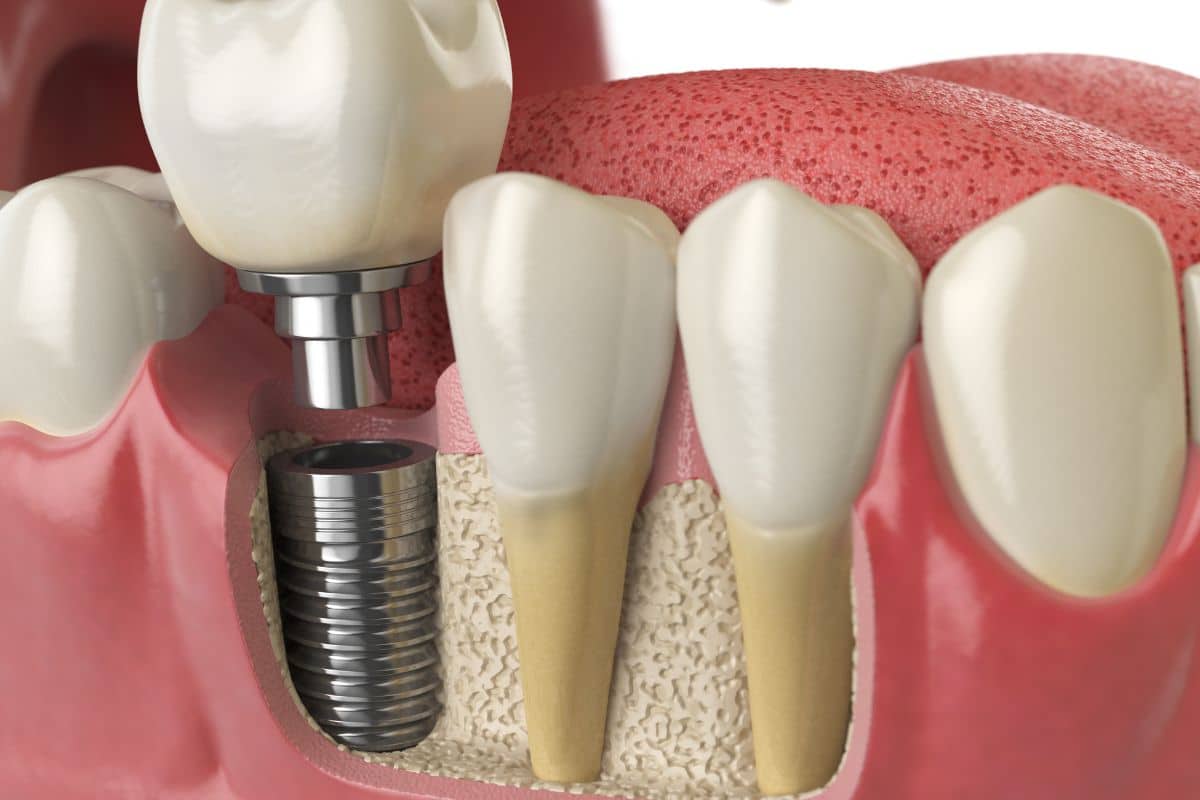
Why Is It Critical to Replace a Missing Molar Even If It’s Not Visible When I Smile?
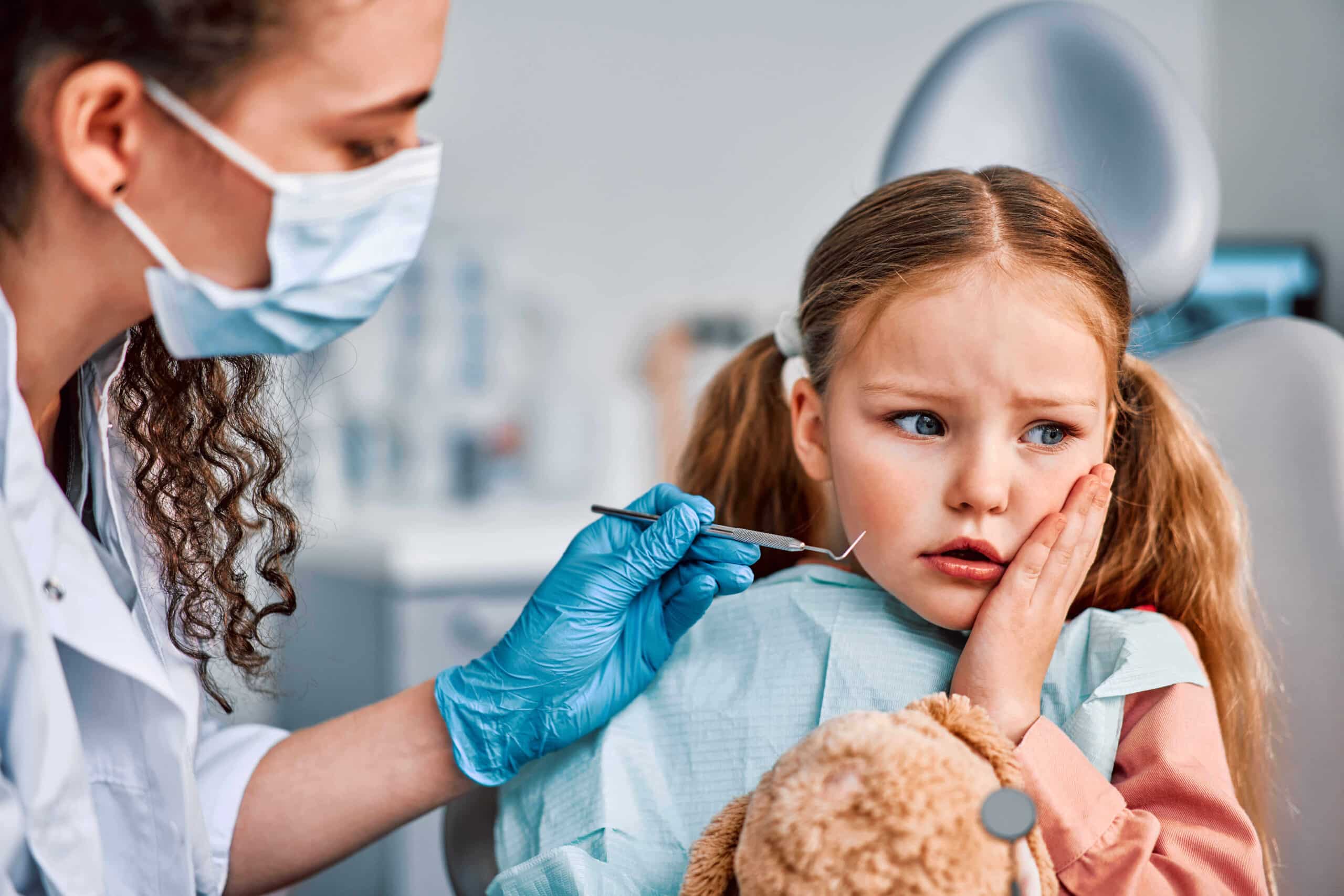
What Should I Do If My Child Knocks Out a Permanent Tooth in Elgin?
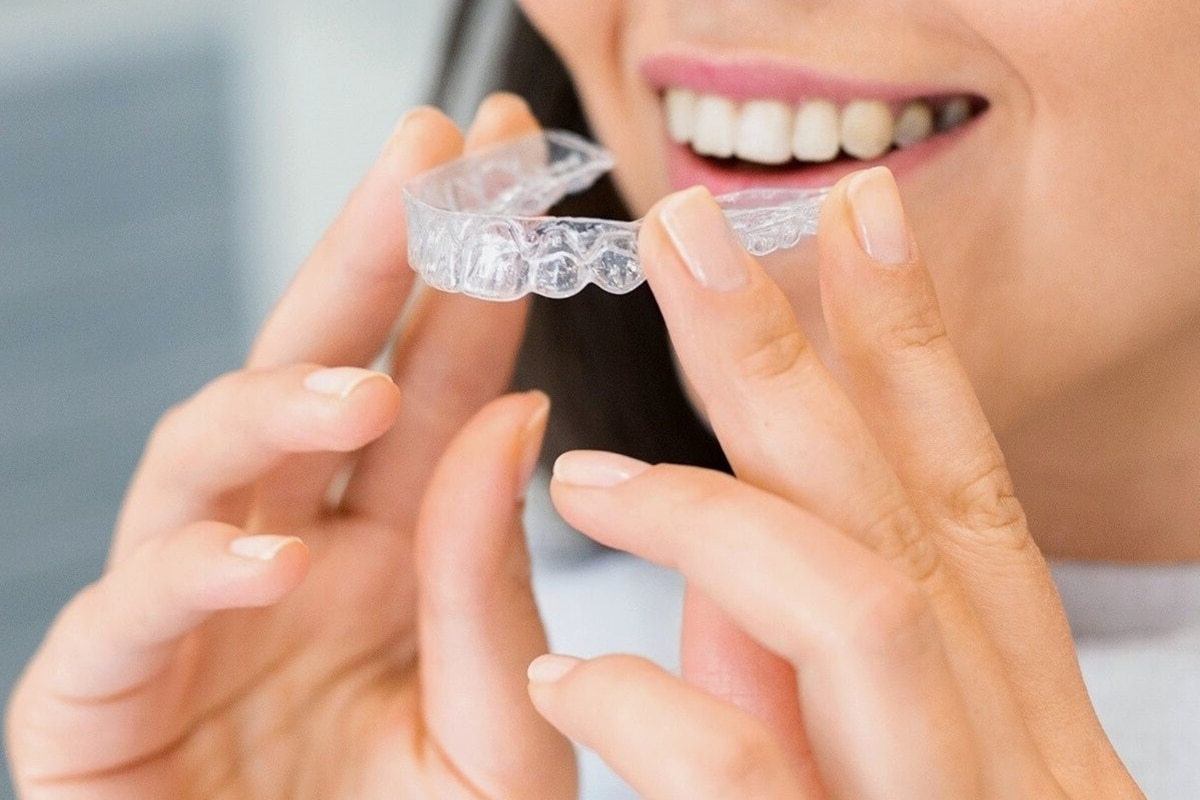
Can Invisalign Fix Overbite? How It Solves Complex Dental Issues in Elgin, IL

How Does Thumb-Sucking or Pacifier Use Affect Teeth?
